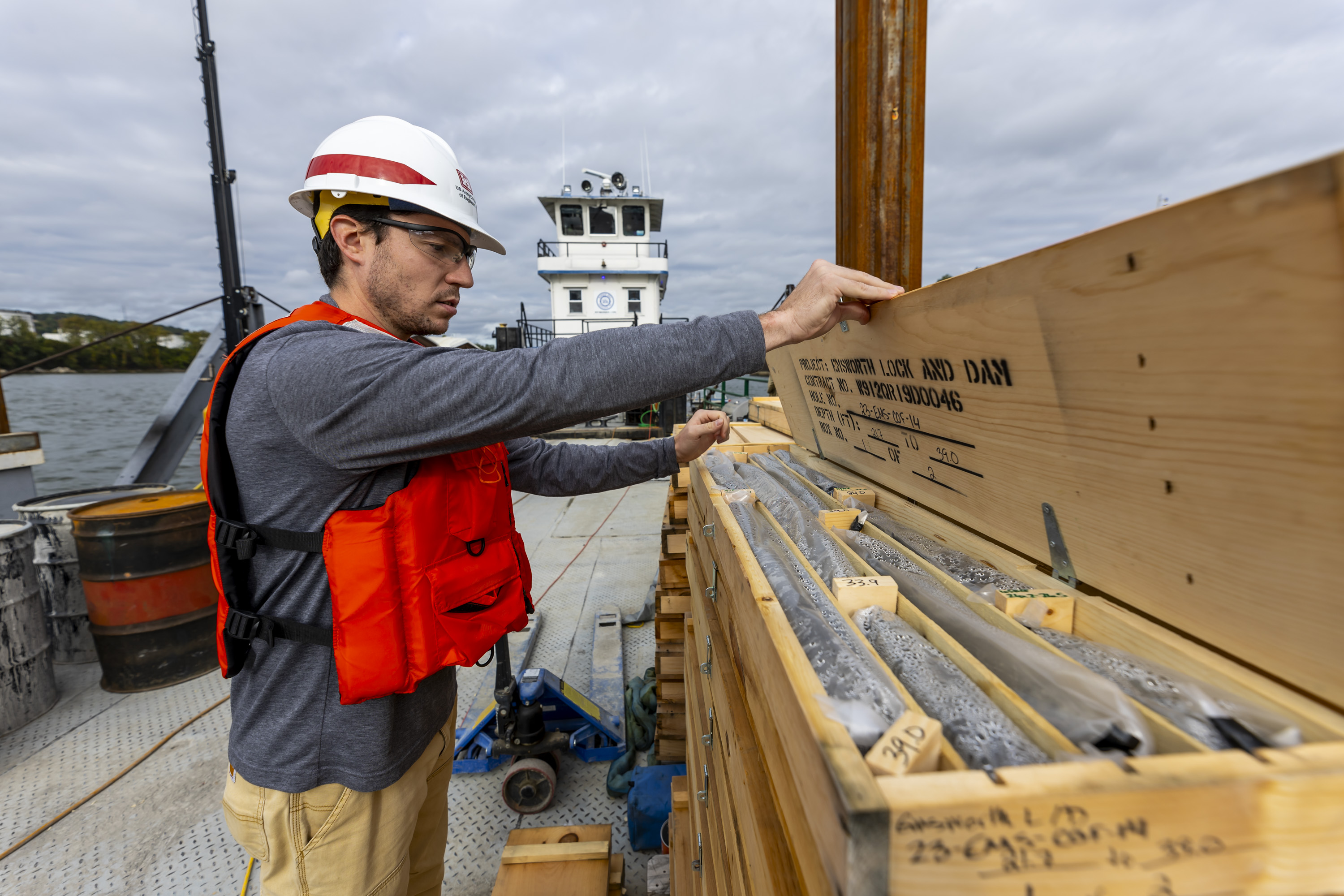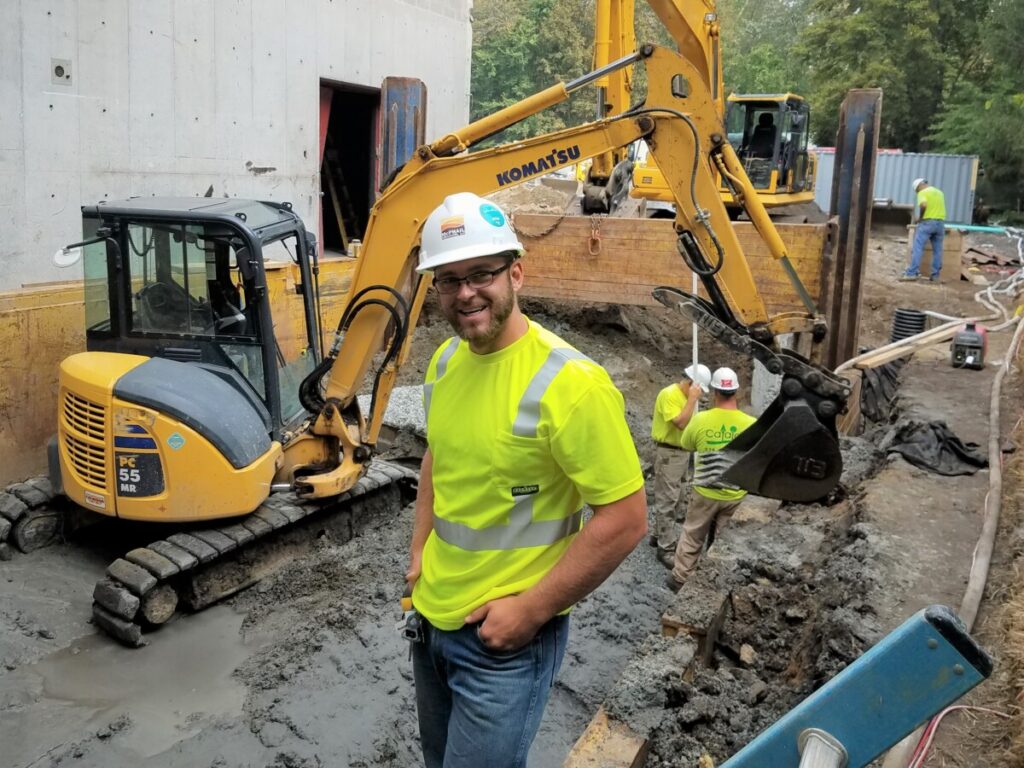Understanding Geotechnical Engineering in South Africa: Secret Solutions for Safe Structure Practices
Understanding Geotechnical Engineering in South Africa: Secret Solutions for Safe Structure Practices
Blog Article
A Detailed Summary of the Key Services Used by Consulting Civil Design Professionals in Modern Building And Construction
Consulting civil design specialists are essential to the success of contemporary building jobs, supplying a multifaceted suite of services that resolve various difficulties. From conducting complete site analyses and expediency researches to guaranteeing conformity with stringent regulatory structures, these experts lay the foundation for sustainable and secure advancement. Their knowledge includes architectural layout and project management, which are vital for accomplishing cost-effective and prompt results. As the complexity of building and construction projects remains to advance, comprehending the complete range of solutions they give becomes increasingly crucial for stakeholders. What ramifications does this have for the future of building and construction practices?
Site Analysis and Feasibility Researches
When beginning on any kind of building task, comprehending the website's characteristics is critical, as it directly influences the expediency and layout of the advancement. Site assessment and feasibility studies are vital elements of the pre-construction phase, allowing stakeholders to make informed decisions. These research studies involve a comprehensive examination of the physical, ecological, and governing facets of the website.

Usefulness researches expand past the physical characteristics, including social and economic factors to consider. This consists of expense quotes, prospective roi, and neighborhood influence assessments. By integrating these aspects, civil design specialists can supply an alternative view of the website's practicality for the desired growth. Ultimately, complete site assessments and usefulness research studies lay the groundwork for effective project implementation, minimizing risks and optimizing resource appropriation.
Architectural Layout and Evaluation
Adhering to a complete site assessment and expediency research, the following crucial stage in the construction process is structural design and evaluation. This crucial solution includes the development of structural systems that make sure the safety, durability, and economic practicality of a task. Consulting civil engineers utilize sophisticated approaches and software program to review lots, anxieties, and material properties, making sure that designs abide by appropriate codes and requirements.
Architectural layout includes various components, including light beams, columns, structures, and load-bearing walls. By applying concepts of mechanics and product science, engineers develop structures that can stand up to environmental pressures such as wind, seismic activity, and snow loads. The analysis stage involves meticulous estimations to anticipate the behavior of these frameworks under different conditions, guaranteeing they can carry out as intended throughout their life-span.
Moreover, consulting designers work together closely with designers and other stakeholders to incorporate structural aspects aesthetically and functionally. The deliverables generally consist of in-depth drawings, specs, and thorough records that promote the construction process. Eventually, reliable architectural design and evaluation are pivotal in decreasing risks, optimizing resources, and accomplishing effective job results in modern-day building.
Project Management and Sychronisation
Effective project monitoring and sychronisation are essential elements of effective civil engineering services, guaranteeing that building and construction projects are delivered on schedule, within budget, and to the called for high quality standards. Consulting civil designers play a critical function in managing numerous task components, from initial planning through to forecast completion. This includes not just the technological aspects of style and construction yet likewise the tactical monitoring of resources, timelines, and stakeholders.

Additionally, civil engineering professionals stress the significance of documents and reporting throughout the project lifecycle - geotechnical engineering in south africa. By preserving exact records, they make sure openness and accountability, which promotes trust among all events involved. Eventually, skilled task management and sychronisation bring about improved job end results, aligning with client expectations and adding to the overall success of the building and construction endeavor
Regulatory Conformity and Permitting
Effective task management lays the groundwork for resolving governing compliance and permitting demands in civil engineering jobs. Making certain adherence to regional, state, and government guidelines read the article is vital for the successful implementation and completion of any kind of building and construction venture. Consulting civil design specialists play an essential duty in browsing the complex landscape of governing frameworks and permitting processes.
These specialists are well-versed in zoning regulations, constructing codes, environmental laws, and safety standards that regulate building techniques. geotechnical engineering what is it They conduct thorough analyses to recognize all applicable guidelines, ensuring that projects abide by required lawful demands. By collaborating with governmental firms and stakeholders, getting in touch with designers help with the allowing process, streamlining authorizations and reducing hold-ups.
Moreover, they prepare and send the requisite paperwork, such as site plans, ecological influence assessments, and engineering reports. This proactive strategy not just cultivates compliance yet likewise enhances job usefulness and sustainability. Inevitably, effective governing conformity and permitting are important components of a successful civil engineering task, guarding both the atmosphere and public well-being while adding to the general stability and success of building and construction campaigns.
Sustainable Layout Practices
Sustainable design practices are significantly acknowledged as vital parts in civil design, with a focus on reducing ecological effect while optimizing resource performance. These methods encompass a range of techniques targeted at advertising eco-friendly equilibrium and reducing the carbon footprint of building projects.
One trick facet of sustainable style is the combination of renewable resource resources, such as solar and wind, right into structure styles. This not just minimizes dependence on nonrenewable fuel sources however additionally boosts lasting price financial savings. In addition, the usage of lasting products, including rapidly sustainable or recycled resources, plays a significant role in decreasing waste and conserving natural deposits.
Water monitoring methods, such as rain harvesting and reliable irrigation systems, are also critical in sustainable style. These techniques assist in lowering water consumption and safeguarding regional water environments. Furthermore, eco delicate site planning makes certain very little interruption to the natural landscape and promotes biodiversity.
Consulting civil design experts contribute in executing these sustainable layout methods. Their proficiency permits for the implementation of ingenious services that official site straighten with both regulative demands and customer purposes, eventually adding to a much more sustainable developed atmosphere.
Final Thought
In recap, consulting civil design professionals give necessary services that underpin the success of contemporary construction jobs. Through thorough site analyses, innovative architectural design, effective task management, adherence to regulatory requirements, and the execution of lasting practices, these specialists add to the development of safe, effective, and environmentally accountable growths. The integration of these crucial services not only improves project results but also advertises a lasting future in the building market.
Reliable project administration and coordination are important elements of effective civil engineering solutions, making sure that building and construction projects are provided on time, within budget plan, and to the required top quality requirements. Consulting civil designers play an important function in orchestrating numerous project elements, from initial planning with to forecast completion. Ultimately, efficient task management and control lead to improved task results, lining up with customer expectations and contributing to the overall success of the construction endeavor.

Report this page